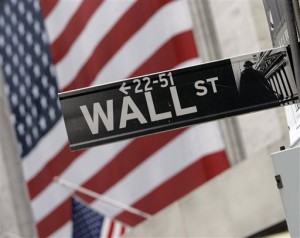Euro slips in Asia on European concern
TOKYO – The euro slipped in Asia Monday following news of a bailout for a crisis-hit Portuguese bank, while the dollar held steady.
The common European currency slipped after Portugal’s central bank announced the nation will inject 4.4 billion euros ($5.9 billion) into the Banco Espirito Santo (BES).
The euro bought $1.3418 and 137.75 yen in Asia on Monday against $1.3430 and 137.78 yen in US trade late Friday.
The dollar was at 102.65 yen compared with 102.60 yen in New York on Friday.
The dollar slipped on Friday after the US jobs data for July turned out to be solid but not strong enough to boost inflation expectations.
Stocks were lackluster Monday, weighed down by concerns over the impact of stricter sanctions on Russia on European economies and the situation surrounding the BES, said Yoshihiro Okumura, general manager of research at Chibagin Asset Management.
“European risk is having an impact on the broader market,” Okumura told Dow Jones Newswires.
BES will be split into two entities, with its toxic assets isolated and its healthier assets regrouped in a new Novo Banco, national bank governor Carlos Costa said late Sunday.
Novo Banco will be controlled by the Resolution Fund set up by Portugal’s banks as part of the conditions for a 2012 national bailout by the troika of the EU, IMF and European Central Bank (ECB).
The market focus has shifted to a monthly meeting Thursday of the ECB although it is widely expected to hold its fire despite a lingering threat of eurozone deflation and geopolitical risks.
“The ECB might be enjoying a summer lull, eventually, with no hints of new action expected” at the upcoming meeting, Credit Agricole said in a note.
The Bank of Japan (BoJ) is also scheduled to hold a two-day policy meeting later this week.
“The upcoming BoJ meeting is unlikely to result in any changes in policy. However, policymakers will have to outline their strategy for 2015 before too long,” Capital Economics said.
